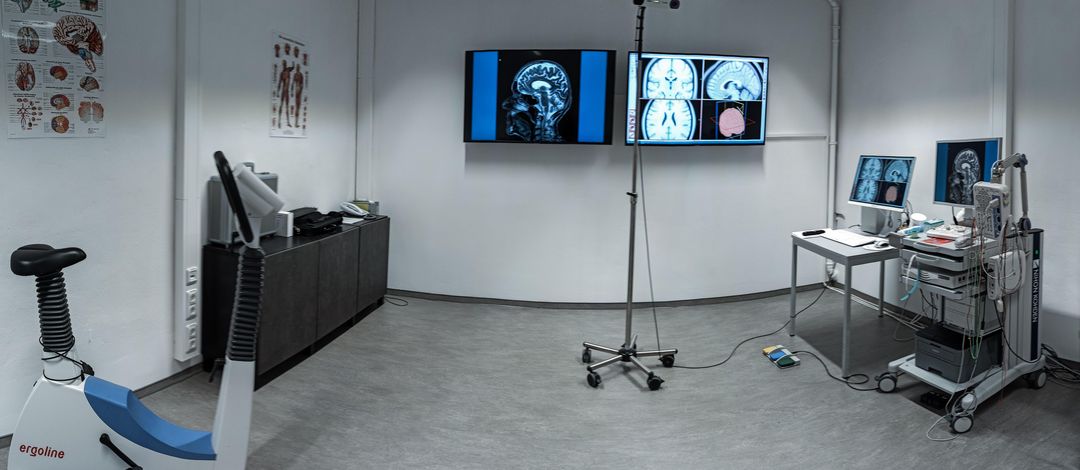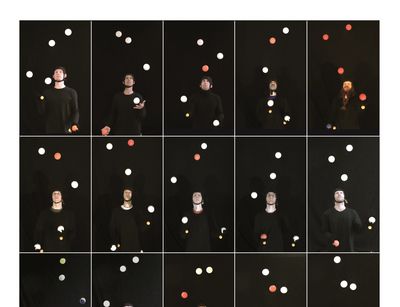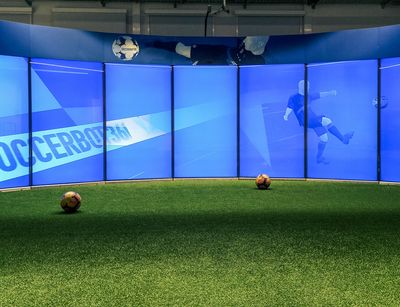Forschung
The overall goal of research within the department is to understand movement processes and their underlying neural mechanisms. A particular focus is the systematic investigation of motor learning and corresponding neural correlates. The interaction of brain and behavior is investigated not only across the human lifespan, but also in specific subpopulations such as (competitive) athletes.
In this context, the following key questions, which have been insufficiently answered so far, will be considered in more detail:
- Which neural mechanisms underlie motor behavior?
- In what way are motor skills learned and which brain areas are responsible for them?
- Are there gender-specific and/or age-dependent differences with regard to learning-related changes in the motor system?
- What mechanisms does the brain use to compensate for specific movement impairments after injury or neurological disease?
- What is the role of expertise in the interaction of brain and behavior?
- Are neural correlates able to predict motor learning performance?
In the near future, a better understanding of these correlates might help to optimizetraining regimes, to explore new avenues in the field of motor rehabilitation, and to develop preventive measures regarding the decline of motor functions in old age.
The applied methods of the working group range from behavioral tests of simple and complex movements to modern imaging methods (EEG, fNIRS, functional and structural MRI examinations) and non-invasive brain stimulation methods (TMS, tDCS). By combining these methods, it is possible to gain detailed insights into how the brain works during the execution of a movement or learning of a motor skill, thus providing novel insights intobrain and behavior interactions.



